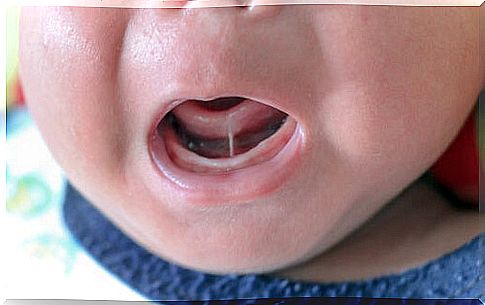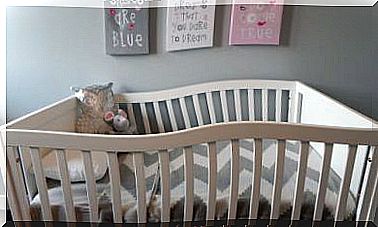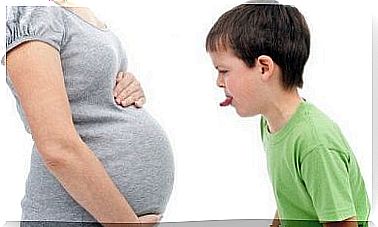At What Age Can A Child With A Cleft Lip Be Operated On?
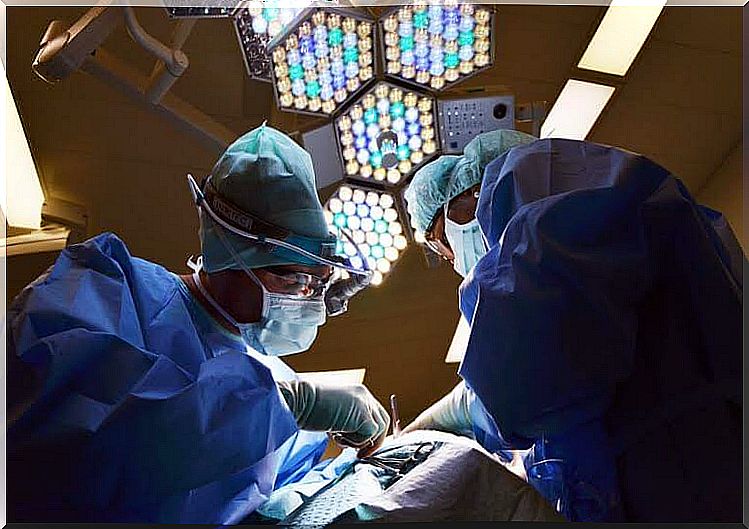
The harelip It has been considered by surgeons as the congenital malformation with the highest incidence worldwide. According to its severity, its correction is quickly sought through surgical intervention. However, it is important to consider at what age a child with a cleft lip can be operated on.
Since it is a malformation of the area that separates the oral and nasal cavities, this congenital malformation can vary in size and depending on this, the fissure can affect the inside of the oral and nasal cavity. This is produced in the embryo during its formation process in the maternal uterus.
As the lip is not fully formed, it does not close completely and is therefore incomplete.
It should be noted that it is a cleft lip that does not imply any mental disability. Although the physical appearance of the baby or child (specifically the face) is different than expected, there is no reason to maximize the problem to the point of considering it a mental disability.
The name given to this congenital malformation by specialists in cranial and maxillary surgery is cleft lip alveolus palatine (FLAP).
Difficulties of a child with a cleft lip
Among the difficulties posed by cleft lip in daily life, the feeding of the child stands out, since the baby cannot suck adequately due to the fissure. Later, problems with the teeth can occur, specifically with the correct eruption of the teeth.
All these physical difficulties affect the process of language development, and can even delay speech or cause problems in the articulation of words and sounds.
It is important to know that a child with a cleft lip is exposed to ear and throat infections, so they can have infections on a recurring basis (which must be treated in time to avoid hearing loss).
The important thing is to maintain good communication with the pediatrician and be rigorous about the care required by the child with a cleft lip. Thus, you can take care of your health.
Of course, a cleft lip can present in the absence of a cleft palate. This depends on the severity of the malformation. Fortunately, there are advanced techniques to definitively correct these defects and improve the patient’s quality of life.
Possible causes of cleft lip
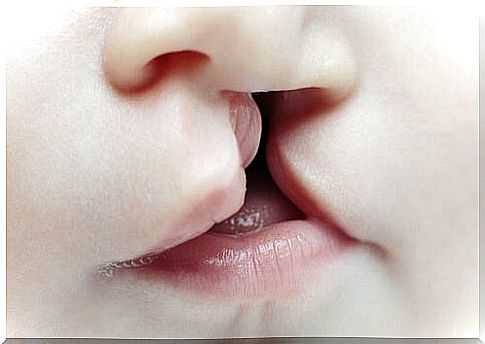
Although it is a recurrent malformation, it has been difficult to determine its causes. An investigation carried out by the health departments attached to the government of Navarra (Spain) concludes that cleft lip affects approximately one in every 700 babies.
Experts point out that each case can be due to different causes. Despite this, the following aspects are usually taken into account :
- Lack of any nutrient or vitamin.
- Ingestion of any drug during pregnancy.
- Genetic inheritance (if one of the parents had a cleft lip).
- Exposure of the mother during pregnancy to radiation or infections of the viral .
When is it recommended to enter the operating room?
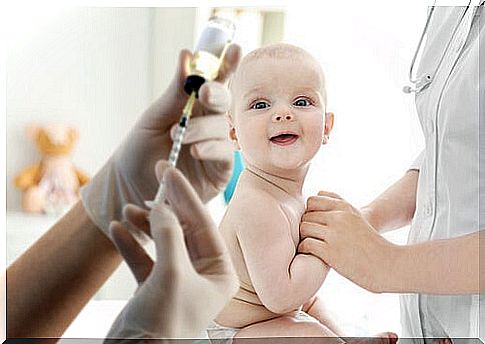
The decision regarding the ideal time to operate on the child will depend on the medical recommendation and the child’s health status.
For years, some specialists believed that it was necessary to wait until puberty to guarantee the success of the surgery since the child would have its teeth definitive, but currently expectations have changed and now it is possible that in the first months of life you can undergo the intervention to correct this malformation.
Aspects to consider:
- Health status of the baby / child.
- Degree of anomaly.
- Complexity of the surgery.
- Care to have before, during and after surgery.
A child with a cleft lip requires monitoring of his health. Once the surgery is performed and the treatment is completed, it will only be a small scar that will not mean any problem, because there are even aesthetic techniques to reduce its appearance.
When the fissure is detected on ultrasound, this is not a reason to terminate the pregnancy, since thanks to science and technology, a child with a cleft lip can lead a completely normal life if offered daily care, such as a supervised feeding and appropriate medical treatment.
